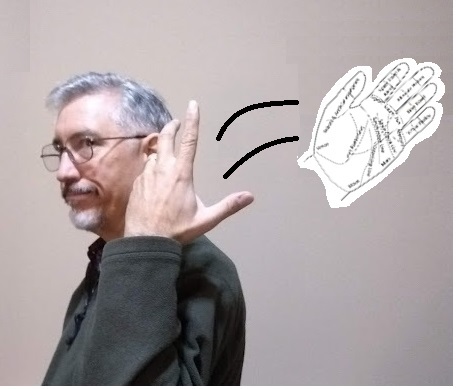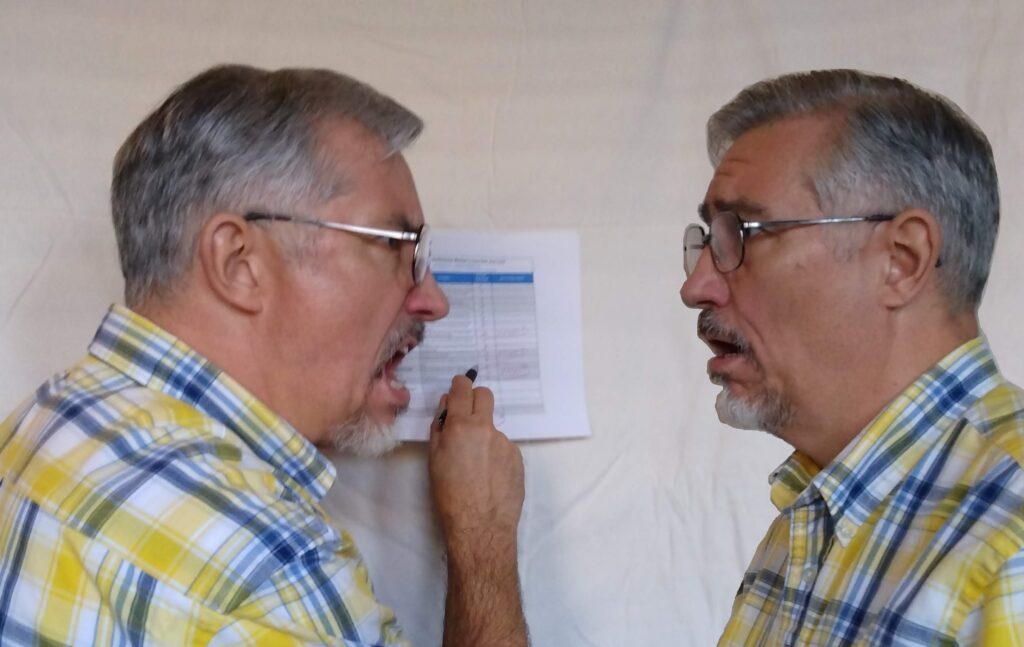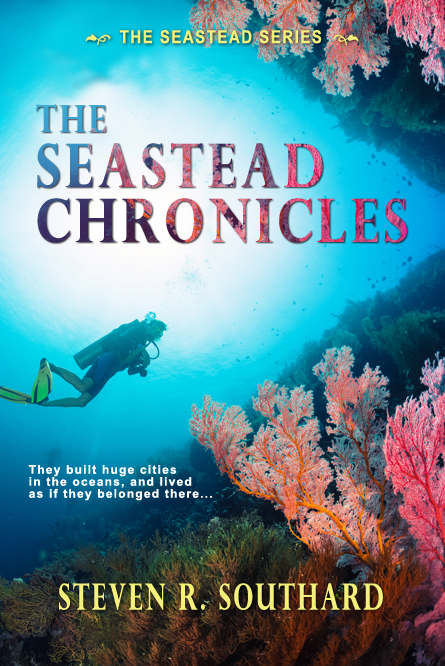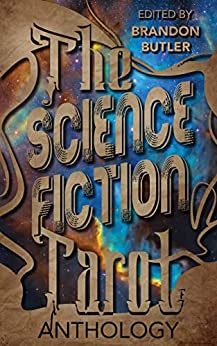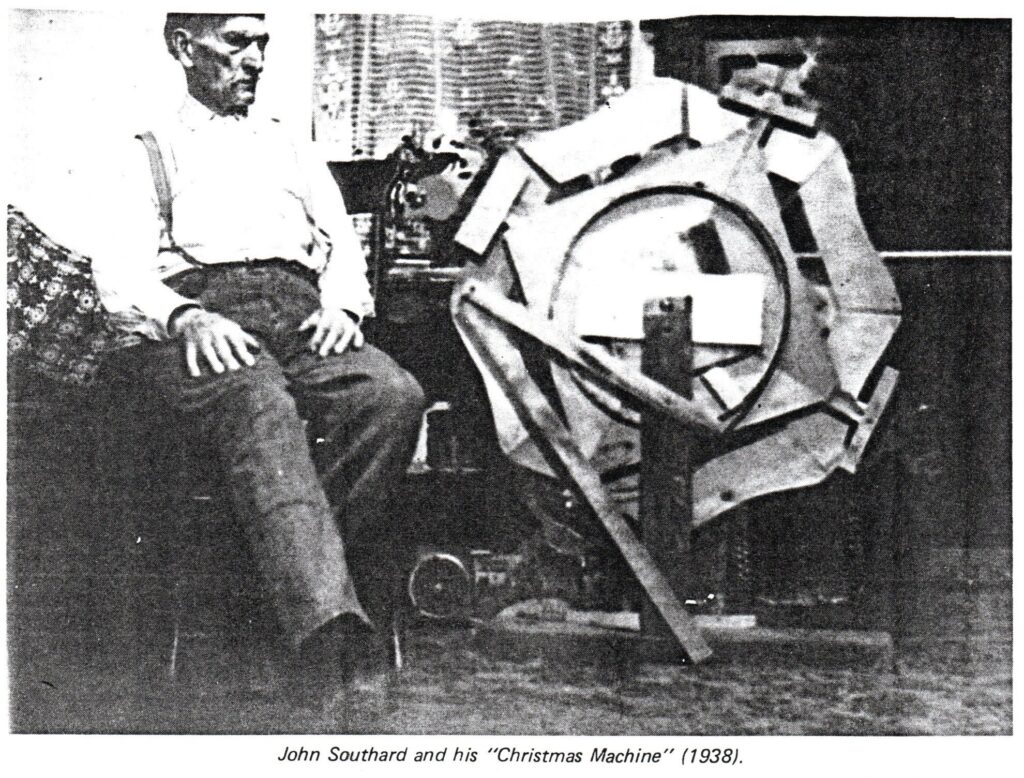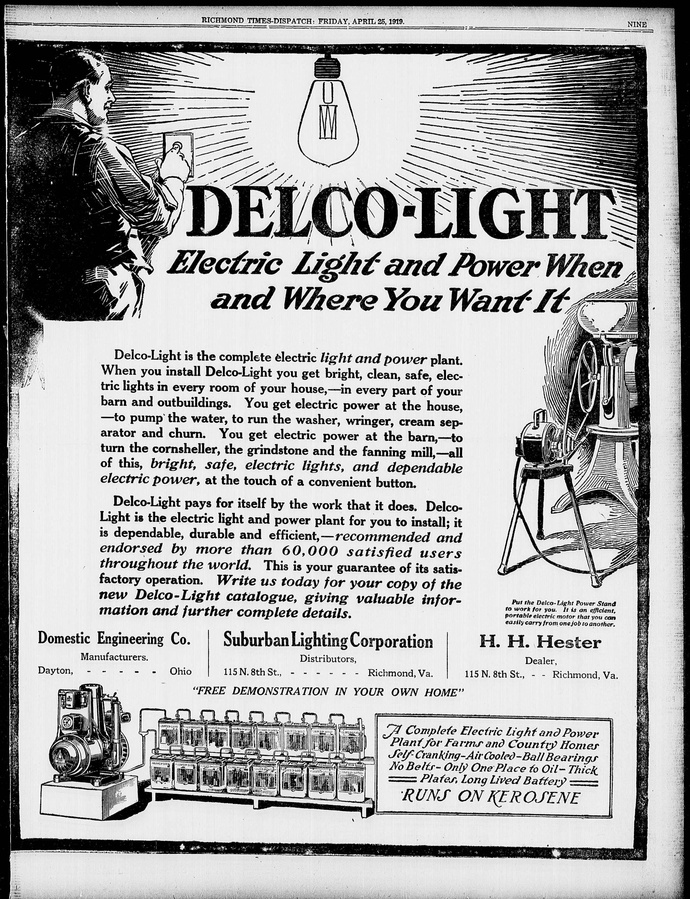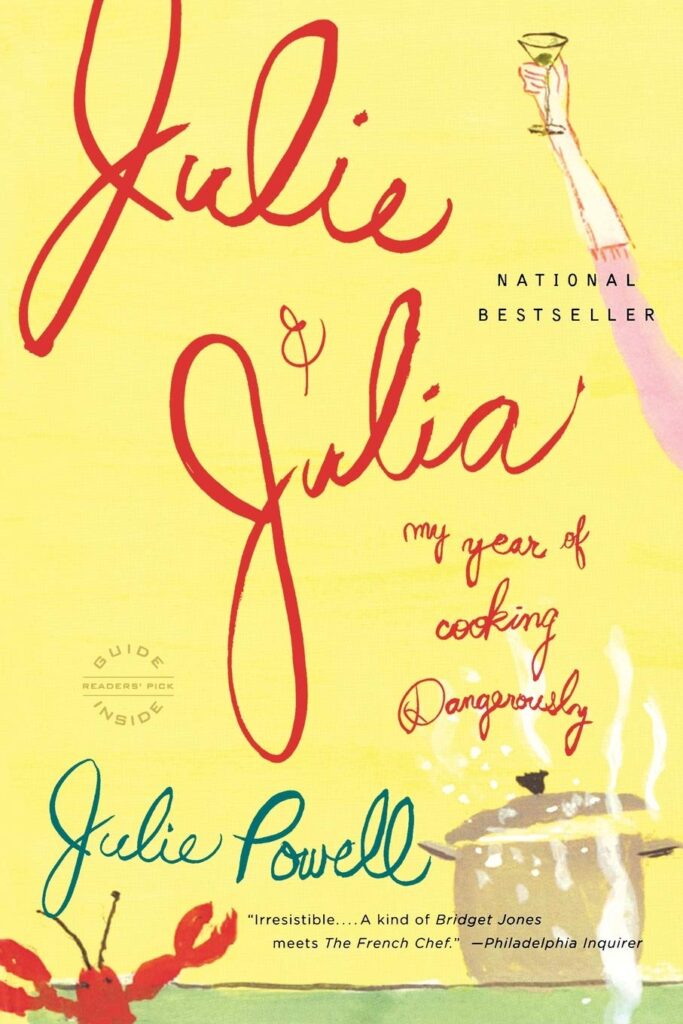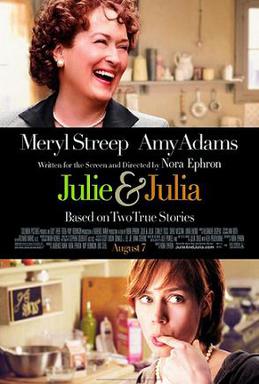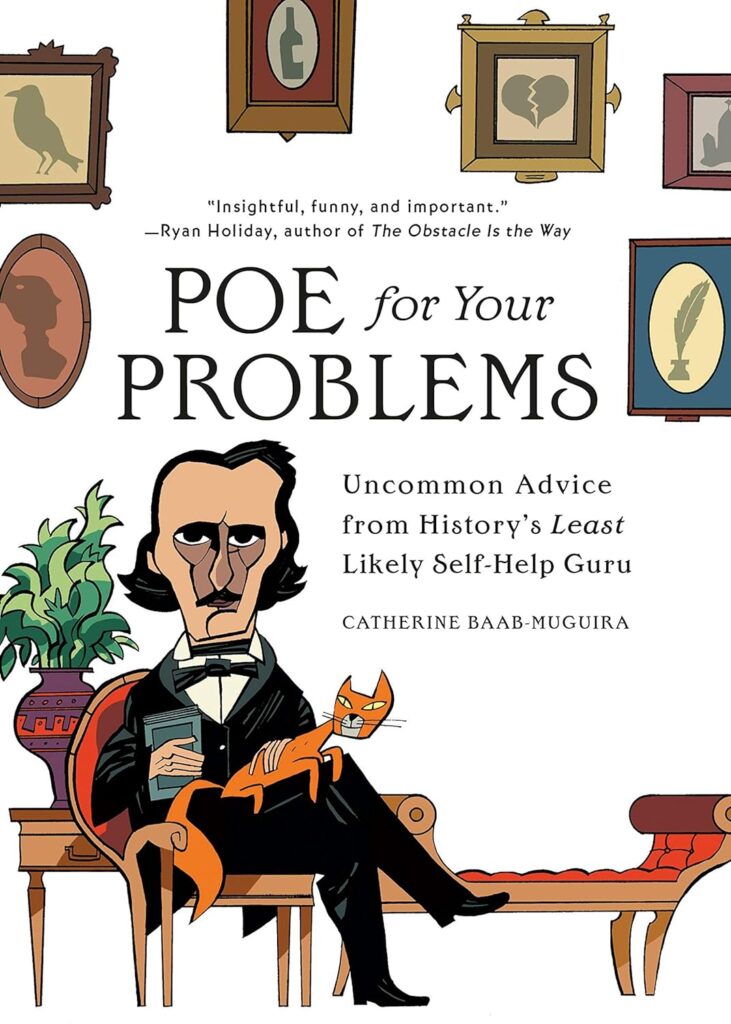Yes, my predictions prove false more often than they prove true. But as the adage goes, a scientist is blamed for one falsehood in a hundred truths, while a seer is praised for one truth in a hundred falsehoods. So give this seer a break, will ya?
It’s all a matter of hitting on the right method. I’ve tried crystal balls, tea leaves, tarot cards, astrology, and palmistry, but none of those worked. This year, I realized I should turn to our modern-day version of the Oracle of Delphi—ChatGPT, the artificial intelligence chatbot by OpenAI.
I gave ChatGPT this task: “make 10 predictions about topics or themes science fiction writers will write about in 2024.”
The AI couched its answer by stating that predictions are iffy. Further, it said its last training update occurred in January 2022, so the predictions are based on trends known up to that date. Personally, I think it was just being humble.
With all the caveats out of the way, here’s what we can expect in 2024:
- AI Ethics and Rights. As artificial intelligence continues to advance, science fiction writers may delve into the ethical considerations and legal rights surrounding sentient AI beings. This could include questions about consciousness, autonomy, and the responsibilities of creators.
- Climate Crisis Solutions. With an increasing focus on climate change, science fiction could explore innovative and speculative solutions to the environmental challenges facing the planet. This might include technologies to reverse environmental damage or new ways of sustainable living.
- Neurotechnology and Brain-Computer Interfaces. As developments in neurotechnology progress, science fiction writers may explore the implications of widespread use of brain-computer interfaces. Themes could include mind control, augmented intelligence, and the potential societal impacts of such technologies.
- Space Exploration and Colonization. Given the growing interest in space exploration, science fiction could continue to explore themes related to interplanetary travel and the challenges of colonizing other celestial bodies. This may include the societal dynamics of living in space and encounters with extraterrestrial life.
- Genetic Engineering and Biohacking. Advances in genetic engineering and biohacking may lead science fiction writers to explore the consequences of manipulating DNA, creating designer organisms, or even the potential for genetic warfare.
- Virtual Reality and Alternate Realities. With the evolution of virtual reality, science fiction could depict worlds where the lines between physical and virtual realities blur, exploring themes of identity, addiction, and the consequences of living in immersive digital environments.
- Post-Pandemic Societies. In the wake of global events, science fiction writers might explore the long-term societal impacts of pandemics, including changes in governance, healthcare systems, and the dynamics of human interaction.
- Quantum Computing and Reality Manipulation. The advent of quantum computing may inspire science fiction narratives centered around the manipulation of reality, parallel universes, and the consequences of unlocking the full potential of quantum technology.
- Social Media and Surveillance Culture. With the increasing prevalence of surveillance technologies and the influence of social media, science fiction could examine dystopian futures where privacy is almost nonexistent, exploring themes of control, rebellion, and the impact on individual freedom.
- Augmented Reality in Everyday Life. As augmented reality becomes more integrated into daily life, science fiction might explore the societal implications of a world where digital information overlays the physical world. This could include themes of information manipulation, addiction, and the consequences of an increasingly connected reality.
Now you know. The oracle has spoken. By ‘oracle,’ I mean, of course, ChatGPT, not—
Poseidon’s Scribe


